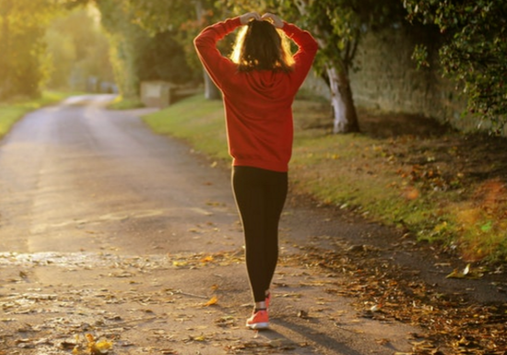|
What I recall the most about my youth is feeling uncomfortable. I worried. A lot. I often would choose to stay home whenever I could; I didn’t like being in public where people could see me and judge me and, heaven forbid, dislike me. This went beyond my introversion; it was social anxiety. They are not one in the same. A nice explanation can be found here: https://themighty.com/2018/10/difference-between-introvert-and-social-anxiety/ Experiencing anxiety occasionally is normal. Most people feel anxious before an exam, job interview, or first date. For a chunk of the population these feelings become a constant in their lives. The feelings are intense, irrational, and may cause avoidance of situations out of fear of being embarrassed or judged. Anxiety disorders affect over 18% of the population annually, and may be rising according to some sources. These include generalized anxiety disorder, social anxiety, and phobias, among others. I had an intense fear of being criticized or judged especially when having to do something in front of others. It is probably no surprise that I passionately HATED gym/physical education in high school and college. I avoided sports and most social physical activity for much of my teen and young adult years because I felt judged and rejected for not doing it well enough. It is ironic that consistent physical activity may have helped me. Studies have shown that exercise is often associated with reduced anxiety. The exact mechanisms are not yet fully understood; neither is the ideal type and "dose" of exercise for greatest benefit. Many of us used to think of exercise only in terms of physical effort. Increased heart rate, building muscles, sweating, etc. It was what you did to lose weight. But a growing body of evidence is showing that exercise plays a fundamental role in brain health and mental health as well. That being said, heading into a busy gym is not likely the immediate solution for someone who has social anxiety. And when you are new to exercise, the uncertainty of what you are doing combined with the unfamiliar environment can result in elevated heart rate and sweating before even stepping on a treadmill or touching a dumbbell. What can you do?
If approved/recommended by your health professional, incorporate exercise into your weekly routine. Whether you suffer from anxiety or not, exercise is great for your body and your brain! It can feel daunting to get started but it doesn't have to be complicated or very time-consuming. -Walk outdoors. All it takes is a quick google search to find studies and articles touting the mental health benefits of walking outside. If the weather and temperatures permit, try walking for 15 to 20 minutes most days per week. -Find a workout you enjoy that can be done in the privacy of your home. Start slowly. Don't discount short sessions. Even 10 minutes at a time is a great place to start. What matters the most is what you can do consistently and how you feel when you are done. Build up to 3 to 5 sessions for 30 to 45 minutes each. -Find a friend who will exercise with you. Having the support of someone you trust can make it easier to go to a fitness facility or try something new. Adding the social aspect to exercise can make it easier to be consistent, help you challenge yourself more often and build confidence to workout on your own. -Seek guidance from a fitness professional. If you are new to exercise, have specific fitness goals, or physical limitations, a personal trainer can help you get started and make sure you are working out at appropriate intensities and performing exercises correctly to get the most benefit. I no longer experience the same level of anxiety as I did years ago. Exposure to anxiety-inducing situations, talking to others, and writing in a journal were all a part of the process. But I am positive that developing a consistent exercise habit played a BIG role in helping me overcome the higher levels of anxiety that I used to experience. For that reason, one of my missions as a personal trainer is to make fitness approachable, especially to those who feel uncomfortable at the gym or anxious about starting. Anxiety or not, women deserve a supportive environment and a comfortable space to move and challenge their bodies. If someone told me years ago that I would be voluntarily putting on a microphone and teaching Jazzercise classes from a stage or working one-on-one with women in the fitness field, I would never have believed it. Anxiety doesn't have to prevent you from doing what you want to do. It may be a part of the story but it doesn't have to define it. Fortunately, mental health is more openly discussed these days and resources are available online and locally. If you suffer from anxiety to the point that it affects your daily life, talk to your doctor or start here https://adaa.org/finding-help
0 Comments
Leave a Reply. |
Archives
June 2023
Categories
All
|

 RSS Feed
RSS Feed